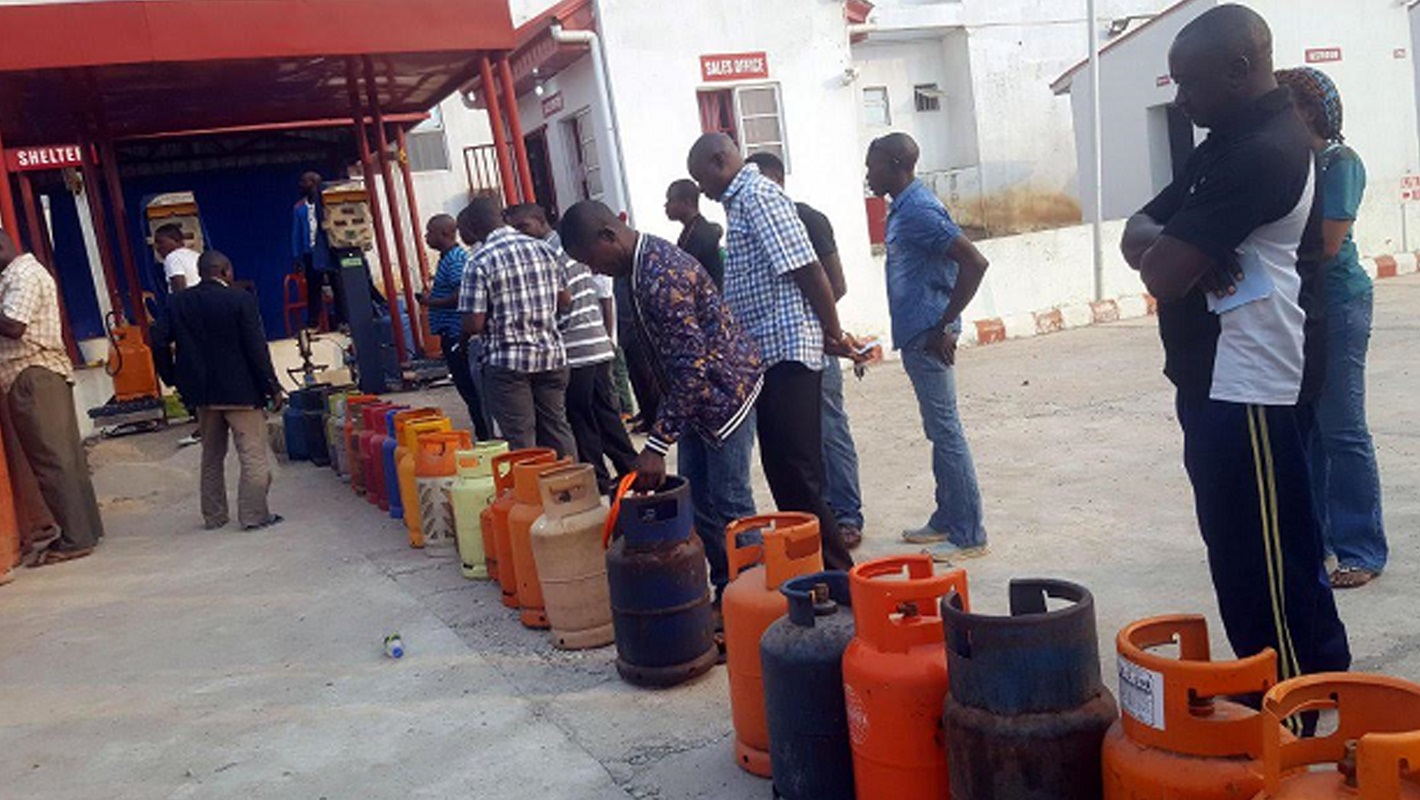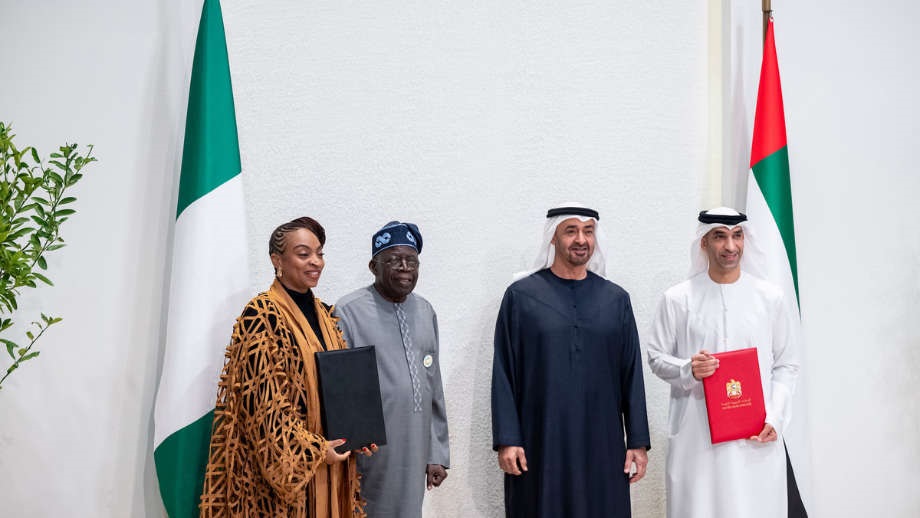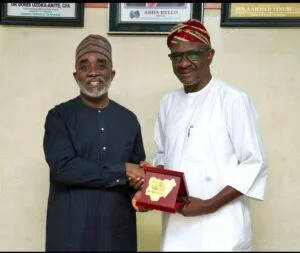Nigerians are calling on the government to stabilise the price and supply of Liquefied Petroleum Gas (LPG) after a sharp increase triggered by recent industrial unrest disrupted distribution nationwide.
The price of cooking gas — a key household energy source for millions — surged from ₦1,100–₦1,200 per kilogramme to as high as ₦1,800, following a strike by oil sector unions protesting the dismissal of workers at the Dangote Refinery.
The strike by the Petroleum and Natural Gas Senior Staff Association of Nigeria (PENGASSAN) paralysed gas loading and distribution, creating scarcity across major cities before it was suspended on 1 October after government intervention.
Although the Nigerian National Petroleum Company Limited (NNPC Ltd.) has blamed the price spike on temporary logistics disruptions, consumers say affordability remains a major concern.
In Abuja, residents told the News Agency of Nigeria (NAN) that while queues are receding in some districts, prices remain elevated. “I bought gas at ₦1,400 per kilogramme this week — it used to be ₦1,200,” said John Okoro, a resident of Gwagwalada.
At NIPCO refilling outlets, where gas still sells for ₦1,080 per kg, long queues persist as customers seek cheaper prices.
Retailer Promise Ajujumbu, who also serves as the spokesperson for the Liquefied Petroleum Gas Retailers Association of Nigeria (LPGAR), Nyanya Unit, said the strike exposed the fragility of Nigeria’s LPG supply chain. “Tankers are queuing for days to load, but the situation is gradually improving,” he said.
He urged the government to collaborate with the Dangote Refinery to ensure a stable and affordable domestic supply, adding that the refinery’s current wholesale price of ₦780 per litre should translate to lower retail prices if effectively regulated.





